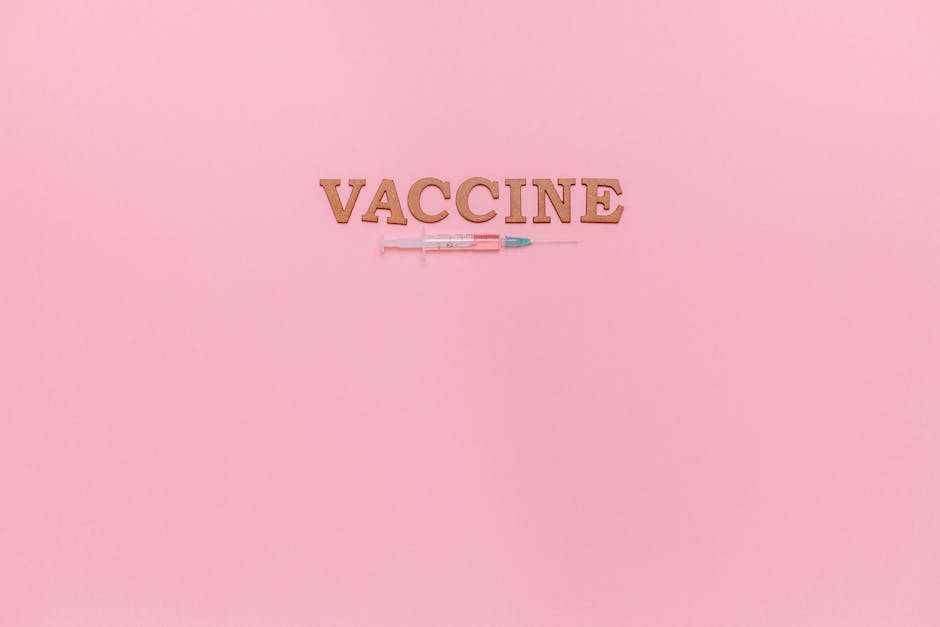
Contents
Alopecia is a type of hair loss. This can cause bald patches on your head, eyebrows, and other parts of your body. Depending on the type, alopecia can be gentle or extensive, temporary or permanent. Here, we’ll provide an overview of alopecia, outlining its types, symptoms, and treatments.
Types of Alopecia
There are three main types of alopecia:
- Alopecia Areata: This is the most common kind of alopecia; causing round patches of baldness on the scalp. It is not contagious and is typically caused by an autoimmune disorder, but can also be caused by stress, medication, or another underlying condition.
- Androgenic Alopecia: This type is caused by a combination of genetic factors and hormones, resulting in hair follicles becoming thinner in both men and women.
- Traction Alopecia: This type is caused by tight hairstyles, such as braids and extensions. It is not permanent, so when the tension is released, the hair usually grows back.
Symptoms of Alopecia
The most obvious symptom of alopecia is hair loss in round or irregularly shaped patches. In addition to this, there are other signs such as redness, itching, breaking of the hair shaft, or a tingling sensation in the area of the bald patch.
Treatments for Alopecia
There are several treatments available for alopecia, ranging from topical creams and steroid injections to laser therapy and hair transplants. Other options include using special scalp coats and scalp cooling caps to increase circulation to the hair follicles.
The best treatment option will depend on the severity and type of alopecia, as well as the patient’s personal preferences. Your doctor or dermatologist can help you decide what the best course of action is for you.
Alopecia and Health
Hair loss can be upsetting and can even affect your mental and emotional health. A decrease in self-esteem, feelings of loss and even depression can occur as a result of alopecia. It is important to seek support from family, friends and mental health professionals, as having someone to talk to is essential for coping and managing the condition.
Alopecia can also have physical implications. People with alopecia may experience scalp problems such as dryness, which can lead to flaking and irritation. Sunburn may occur in areas with less hair, and skin infections such as folliculitis can also occur if bacteria enters the scalp area. To avoid such risks, it is important to keep the scalp area clean and moisturized.
Alopecia can have a big impact on your life, both physical and emotional. If you think you may be suffering from alopecia, it is important to consult with your doctor or dermatologist to discuss the available treatments and find the best solution for your particular case.
